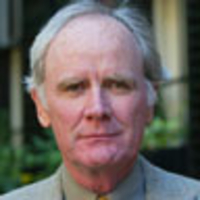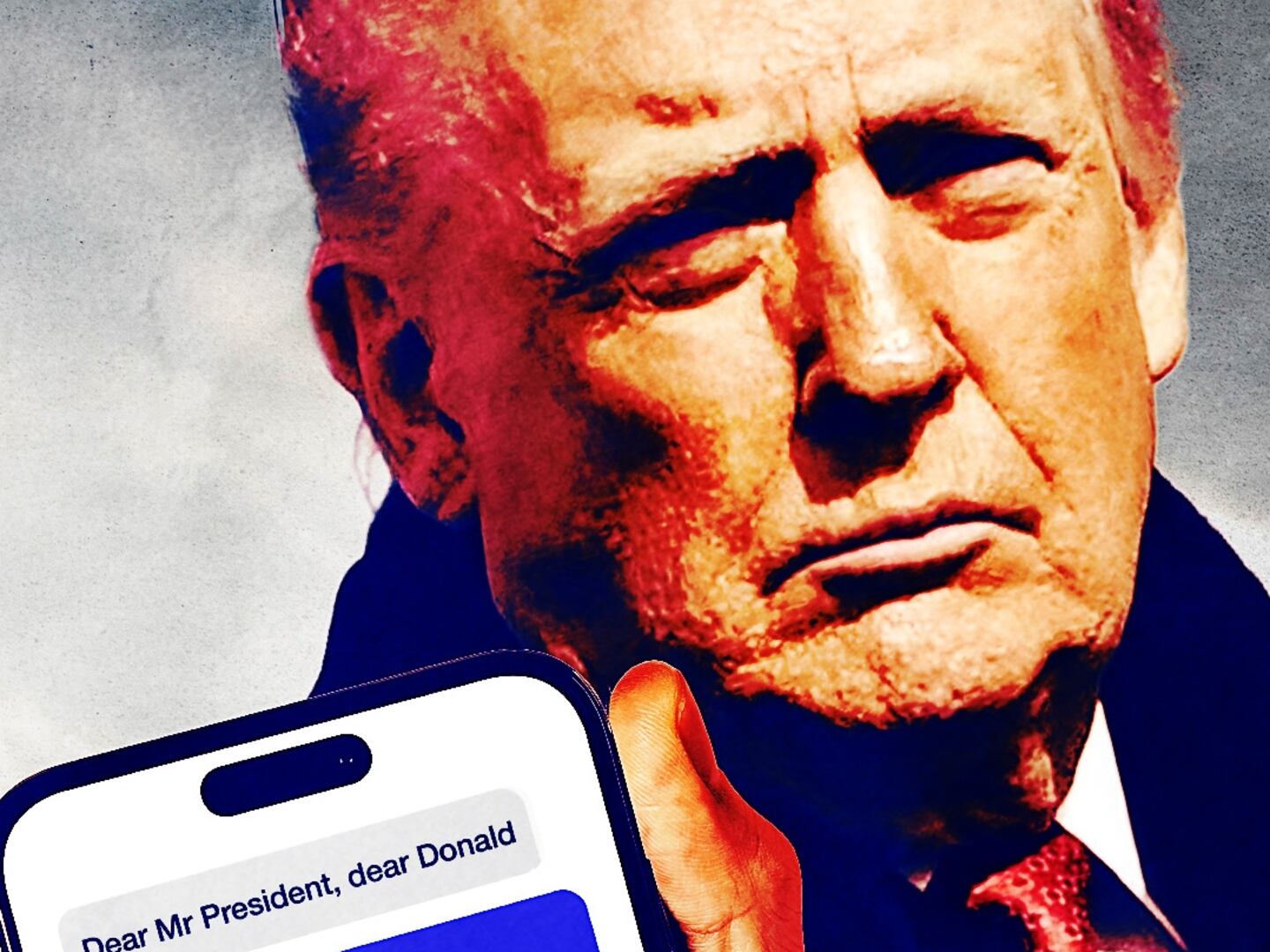
President Obama got biblical the other day—or tried to, when he joined Moses at Mount Sinai to rebuke his opponents not merely for lying but for “bearing false witness.” In a telephone “call in” with leaders of liberal faith groups, Obama evoked the Ten Commandments to energize a left-wing version of the Religious Right, which has been wreaking such havoc in the health-care reform debate. If Obama wins, his holier-than-him opponents say, the government will fund abortions, Washington bureaucrats will run euthanasia agencies, and disabled people will be disappeared. Economic issues, which are complex, have taken second place to apocalyptic moralizing—the more simplistic the better.
The right-wing scare machine is only marginally religious, but its appeals to “values” are proving effective as ever, amplified by an uncritical press and lunatic radio. As a result, health reform has become a bottomless receptacle for a host of free-floating fears harbored by many Americans. Come to think of it, questions of life and death put the fear of God into all of us.
To match the God talk of the right wing is a trap for Obama, and, if he indulges it, the blessed strategy will backfire.
But God is not the issue here. Obama’s task is to puncture the fake gravity of the religion-invoking moralizers, but to do so he must replace it with authentic moral reasoning of his own. His “faith-leaders” confab signaled a readiness to push back against conservatives on their sacred space, their most fortified turf. “There has been a lot of misinformation in this debate,” he said, “and there are some folks out there who are frankly bearing false witness.” It’s the kind of encoded charge George W. Bush might have made. Obama’s “frankly” both acknowledges that this rhetoric does not come naturally to him, and is a warning. Getting down and dirty in this context means calling in the armed angels. To cite the Ten Commandments is an all but explicit claiming of God as an ally, the Commandment-Giver-in-Chief. That Obama’s antagonists are bearing false witness means that they are not just liars, but sinners. In the American religion wars, good move.
But the urge to match the God talk of the right wing is a trap for Obama, and, if he indulges it, the blessed strategy will backfire. The simplistic appeals to biblical injunctions that have been a staple of politicized evangelical Christianity depend on the hyper-emotionalism of born-again fervor. To regard the Bible as a never-to-be criticized magical answer box instead of an infinitely complex lodestone of narrative and interpretation is to enter an inhuman realm of mindlessness. On the Religious Right, and in large parts of the incipient Religious Left, the hortatory language of the preacher (“Thou shalt not”) is valued over sustained ethical reasoning. “Must” is preferred to “why” and “how.”
President Obama needs to be able to explain that “why” and “how,” leaving the “must” to others. To clear away the smoke of fake religious authority, he needs moral argument, not moralizing assertion—and, ironically, this is where his faith could help him. In Western civilization, the great religions have been custodians of authentic ethical thinking, from St. Augustine to Reinhold Niebuhr; from Anne Hutchinson to Dorothy Day; from Roger Williams to Rabbi Abraham Joshua Heschel; from Father John Courtney Murray to Rev. William Sloane Coffin, Jr. It is true that most of these names are largely unknown today, which makes the point all the more sharply. No resource could be more useful to a politician in advancing humane social change than this legacy of critical religious reflection, whether the issues are private (beginning or end of life) or public (war and peace)—or the perplexing combination of private and public represented by health-care reform. In our time, however, that tradition of intellectually refined faith has been marginalized by the decline of mainstream religion on the one hand, and the growth of fundamentalisms on the other. The great voices of mindful belief have fallen all but silent.
Fundamentalism, whether evangelical Christian or Catholic or whatever, for all the noise it makes, has nothing real to contribute to the health-care debate precisely because it does not seriously engage the complexities of ethical dilemmas. Neither, for that matter, do unthinking appeals to sacrosanct moral imperatives like the Ten Commandments. Leave the imperative tone of voice to the talk-show hosts. When it comes to making the moral argument for public policy, critical religious language and the analytical application of enduring ethical principles are what is needed.
Capacity for such expression is rare among leaders, but Barack Obama shows signs of having it. He can yet bring to the health-care debate the subtlety, depth of history, and gutsy readiness to take on tough questions that he displayed in June in Cairo, addressing Islam. America has no need for him to play the prophet or the preacher. He must more fully embrace the role of teacher—including the elucidation of the moral and religious implications of the life-and-death policies he proposes. Such a role presumes an authentic religious commitment out of which he can speak. And it presumes his own grasp of the religious tradition’s resources. He may have both. (Recall David Brooks’ 2007 appreciation of his debt to Niebuhr).
So, yes, Obama should enlist religious allies wherever he can. But he needn’t therefore presume to offer God’s reasons for supporting health-care reform. It is enough to offer fuller versions of his own reasons, with religion as one mode of doing that. Religion is a language with which humans attempt to say what is beyond language. But it is also a framework for serious ethical analysis, and that is the only context within which the president should be invoking faith in this debate.
James Carroll's recent book is Practicing Catholic, a story of American belief. He is a columnist for the Boston Globe and Distinguished-Scholar-in-Residence at Suffolk University. His other books include An American Requiem, which won the National Book Award, House of War, winner of the PEN-Galbraith Award, and Constantine's Sword, now an acclaimed documentary.






